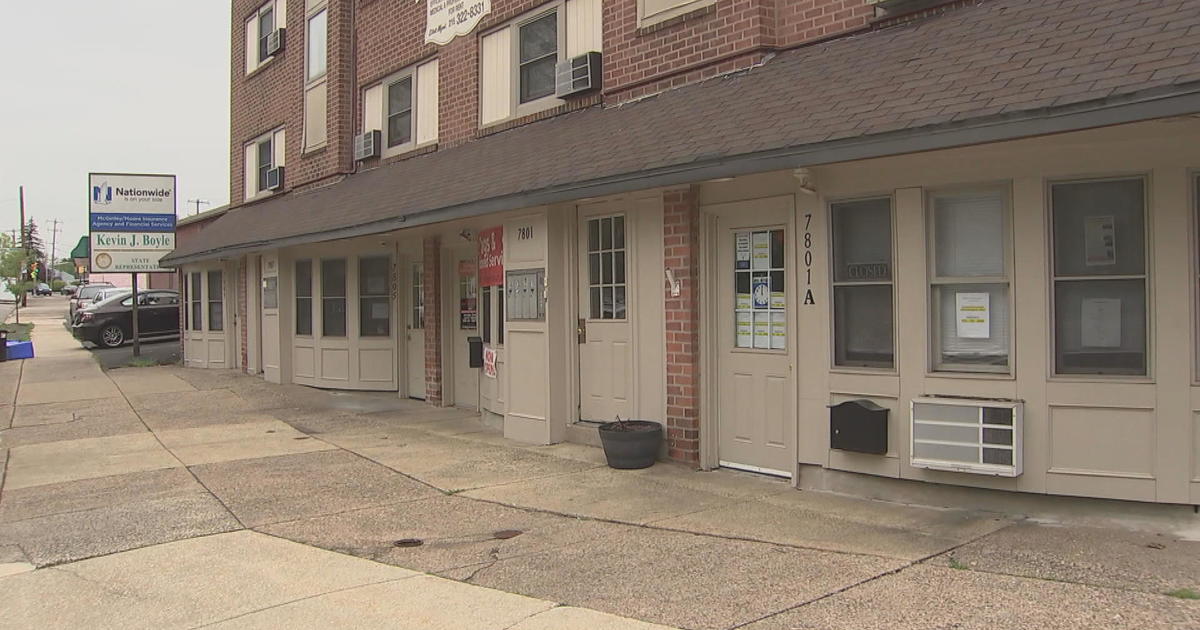Health Watch: Headache Zapper
PHILADELPHIA (CBS) -- A new headache zapper is a revolutionary way to treat chronic headaches, which 45 million Americans suffer with.
3 On Your Side Health Reporter Stephanie Stahl has more on the medication free relief.
30-year-old Carrie Preston is planning her wedding. All smiles with her fiancé now that her brain is getting zapped.
"It's definitely a different feeling. It doesn't get in the way of anything. It's just sort of in the background," said Carrie.
She says a tingling feeling in her head has replaced excruciating headache pain that almost ruined her life.
"Just shooting, throbbing, stabbing type pain," described Carrie.
For years, Carrie suffered with cluster migraine headaches that often got so bad she had to be hospitalized to get IV medications that would temporarily ease the pain, but nothing really worked.
Desperate, Carrie turned to Dr. Ashwini Sharan, a Neurosurgeon at Thomas Jefferson University Hospital.
He treated her with a device similar to a cardiac pacemaker, but this one targets nerves in the brain, and requires surgery with general anesthesia. It's implanted in the chest.
Watch the video...
The pacemaker is connected to a wire that's internally threaded just under the skin into her forehead, where electrical impulses are delivered.
"We're firing them so high that we're actually preventing the way the nerves should be working. We're actually inhibiting the nerves. We are suppressing her ability to sense the headache," said Dr. Sharan.
It's called occipital nerve stimulation. It tricks nerves in the brain, so the pain is no longer felt.
"It's been amazing. I couldn't say enough wonderful things about it," said Carrie.
She's had the pacemaker for two years now. The headaches aren't completely cured, but the pain has been significantly reduced.
The pacemaker is charged with an external battery every two weeks. And Carrie has become a legend among her friends.
"They all look at me like I'm a bionic person now," said Carrie.
With the pain now under control, Carrie, a nurse, is in graduate school, back to her busy life, and even enjoying the piano again.
"It definitely had a tremendous impact on my life," said Carrie.
Dr. Sharan says the impulses from the pacemaker can be adjusted, or turned off completely and removed. Next they'll be testing it on patients with depression and drug addictions. The procedure is covered by some insurance companies.
RELATED LINK:
Thomas Jefferson University Headache Center
Reported by Stephanie Stahl, CBS 3



